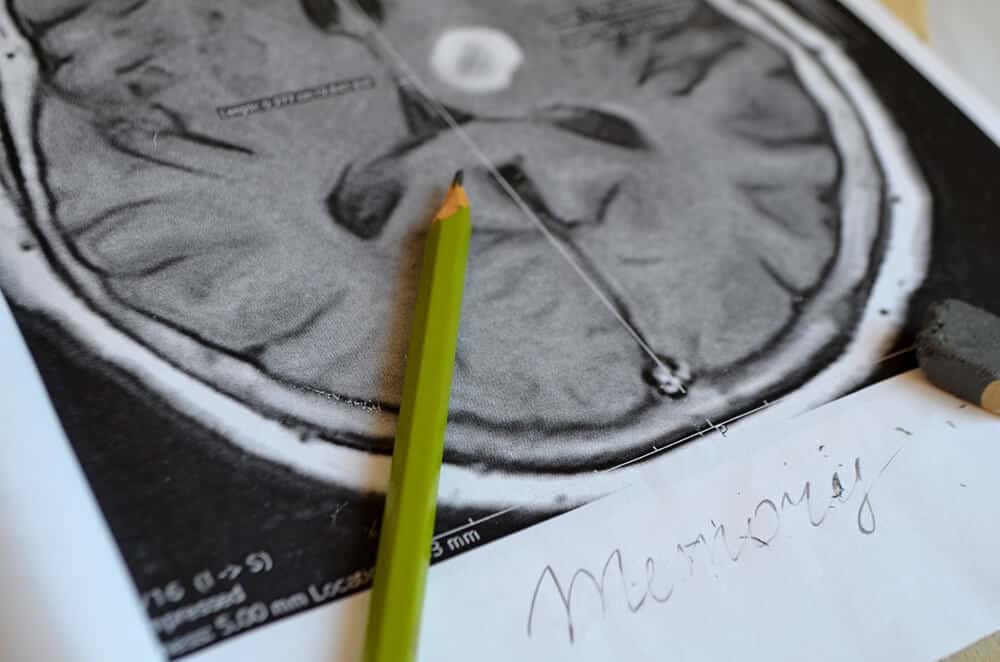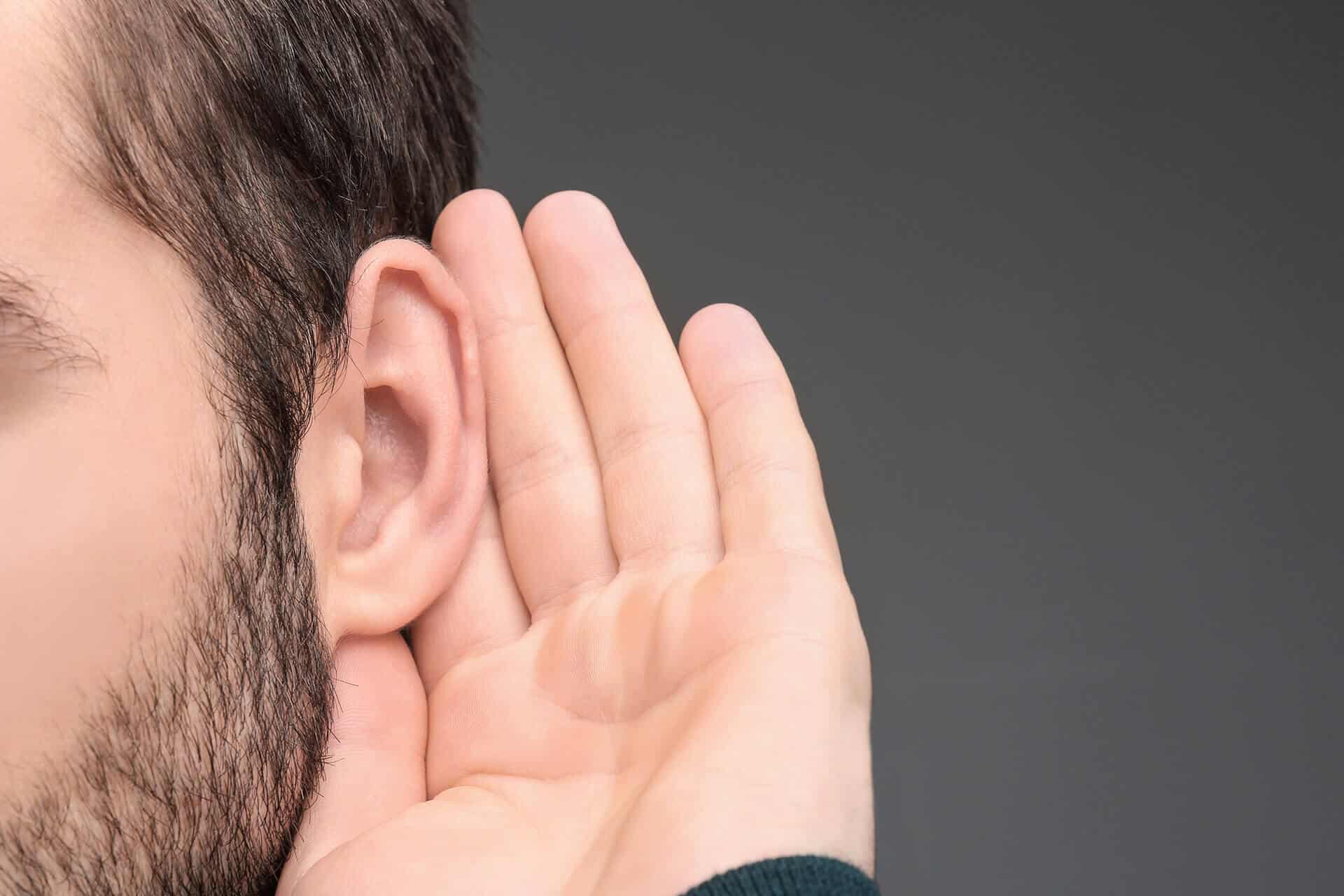Hearing Loss and Dementia
Did you know that those with hearing loss are up to five times more likely to develop dementia than their peers without hearing loss? According to the World Health Organization, it is estimated that the current number of people living with dementia worldwide – 47 million – is set to triple by 2050. Dementia and its effects on individuals and their families is on the rise, so it is imperative we all take the actions we can to educate ourselves and help to prevent or delay it.

What is Dementia?
Currently, the most commonly diagnosed type of Dementia is Alzheimer’s disease, however, the term dementia covers a broader definition of mental decline. The Alzheimer’s Association defines dementia as a general term for a “group of symptoms associated with a decline in memory or other thinking skills that are severe enough to reduce a person’s ability to perform everyday activities” (https://www.alz.org/what-is-dementia.asp). At this time, there is not a cure for dementia, and it is progressive – meaning the symptoms get worse over time. It is estimated that a person develops dementia every 65 seconds in the United States alone (https://www.alz.org/facts/).
How are Dementia and Hearing Loss Related?
Especially in recent years, there have been many scholarly publications that aim to determine how hearing loss and dementia are correlated. In 2011, one of the leading researchers on the connection, Frank Lin out of John Hopkins School of Medicine found a strong correlation through his research. To complete the study, Lin and his colleagues used data from 639 men and women who were frequently assessed by the Biltmore Longitudinal Study on Aging (BLSA) in cognitive and hearing abilities over the course of 18 years. The study concluded that that even after controlling for other factors such as age, sex, race and smoking, those with hearing loss were significantly more likely to have developed dementia, with more severe hearing loss having a higher risk factor. In fact, compared to peers without hearing loss, people with mild loss were two times more likely to develop dementia, those with moderate loss were three times more likely and those with severe hearing loss were five times more likely to have developed dementia (https://www.hopkinsmedicine.org/).
Since this study, there continues to be a growing body of research that continues to confirm there is a correlation between hearing loss and dementia.
Why are Hearing Loss and Dementia Correlated?
Especially in recent years, there have been many scholarly publications that aim to determine how hearing loss and dementia are correlated. In 2011, one of the leading researchers on the connection, Frank Lin out of John Hopkins School of Medicine found a strong correlation through his research. To complete the study, Lin and his colleagues used data from 639 men and women who were frequently assessed by the Biltmore Longitudinal Study on Aging (BLSA) in cognitive and hearing abilities over the course of 18 years. The study concluded that that even after controlling for other factors such as age, sex, race and smoking, those with hearing loss were significantly more likely to have developed dementia, with more severe hearing loss having a higher risk factor. In fact, compared to peers without hearing loss, people with mild loss were two times more likely to develop dementia, those with moderate loss were three times more likely and those with severe hearing loss were five times more likely to have developed dementia (https://www.hopkinsmedicine.org/).
Since this study, there continues to be a growing body of research that continues to confirm there is a correlation between hearing loss and dementia.

Do Hearing Aids Help?
Knowing this strong correlation might make one feel a bit uncomfortable, however, there are steps we can take to help prevent or delay dementia related to hearing loss. The first action is to protect the hearing we have left. If you work in a loud environment, ask your company how you can obtain hearing protection while on the job. At home and during noisier leisure activities such as mowing the lawn or riding your motorcycle – it is also important to wear hearing protection. Custom hearing protection that is both discreet and comfortable and will last for years to come.
The second action one can take is to treat hearing loss with hearing aids. A study recently published in the Journal of American Geriatric Society and carried out by researchers from the University of Manchester out of the United Kingdom discovered some incredible results. This study used data collected every two years from thousands of participants over the course of 18 years. The findings of the study concluded that for all 2,040 self-reported hearing aid users, cognitive decline occurred at a slower rate than peers who did not use hearing aids. Amazingly, the rate of decline began to slow down for the participants at the same time they first reported using hearing aids (http://hearinghealthmatters.org/hearingnewswatch/2018/hearing-aids-slow-cognitive-decline-study/).
If you are worried about your hearing or the hearing of someone you love and its potential connection to cognitive decline, reach out to our friendly team today.
We will answer all your questions and will guide you on your journey to better hearing and an improved quality of life.
